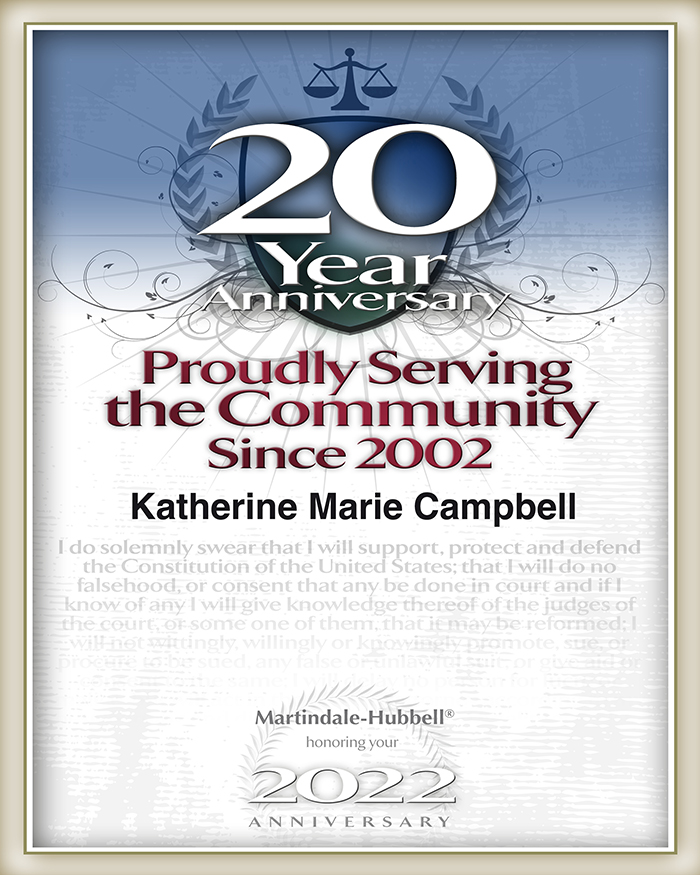Best Interests Of The Child
In California, the driving force for any custody discussion or decision is, what is in the best interests of the child? The best-interests discussion revolves around the child’s health, safety, and welfare. These broad categories leave a lot of room for both parents’ (perhaps very different) views.
Often parents disagree about what is in the child’s best interests or they focus on what is best for the parent rather than the child. The collaborative divorce and mediation processes incorporate discussions with both parents about what their child needs rather than looking at the parenting from the perspective of one parent at a time. We work to help both parents understand the child’s needs from the child’s perspective and the perspective of the other parent. Parents who think about co-parenting from a child centered-perspective are often much more successful in identifying common goals and reaching agreements.
Quality Time With Each Parent
Research shows it is very important for both parents to have quality time with their children. When one parent does not spend quality time with their children it can create short and long-term problems for the child. Parents who cannot facilitate the child’s relationship with the other parent can suffer negative consequences on a literal and practical level. For a child’s self-esteem, when one parent is not present or participating on a significant level, it can raise doubt in that child’s mind as to their own self-worth. Children may assume that they are the reason that that parent is not present. On a literal level, a parent’s unwillingness to help the child’s relationship with the other parent may be used by a court to justify reducing the parenting time of the unhelpful parent.
When It Is Not In The Child’s Best Interests
There are times when it is not in a child’s best interest to spend time with a parent who is abusive, has a substance abuse problem, has mental or physical health issues or other behaviors that may require a different approach. However, in the absence of such factors, children typically benefit from the involvement of both parents.
Co-Parenting Responsibilities
At Campbell Family Law, we help parents reach agreements regarding their parenting responsibilities and co-parenting agreements. After the parents reach a decision, the agreements are written down so that both parents have a written record of the parenting plan. These agreements typically become a court order or part of the judgment. The written document needs to be detailed enough to reflect the agreed-upon default terms related to the various common aspects of co-parenting but flexible enough to allow parents to make their own alternative agreements when the default plan does not work for the child or the parents.

Get in Touch
Main Office
1901 South Bascom Ave, Suite 1550
Campbell, CA 95008
Phone
(408) 732-5400
Fax
(408) 732-5401
Kathy@CampbellFamilyLaw.com


